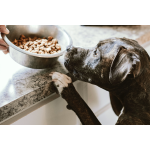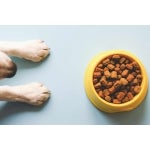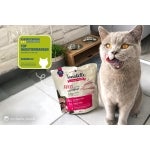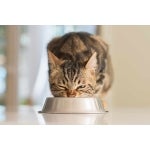
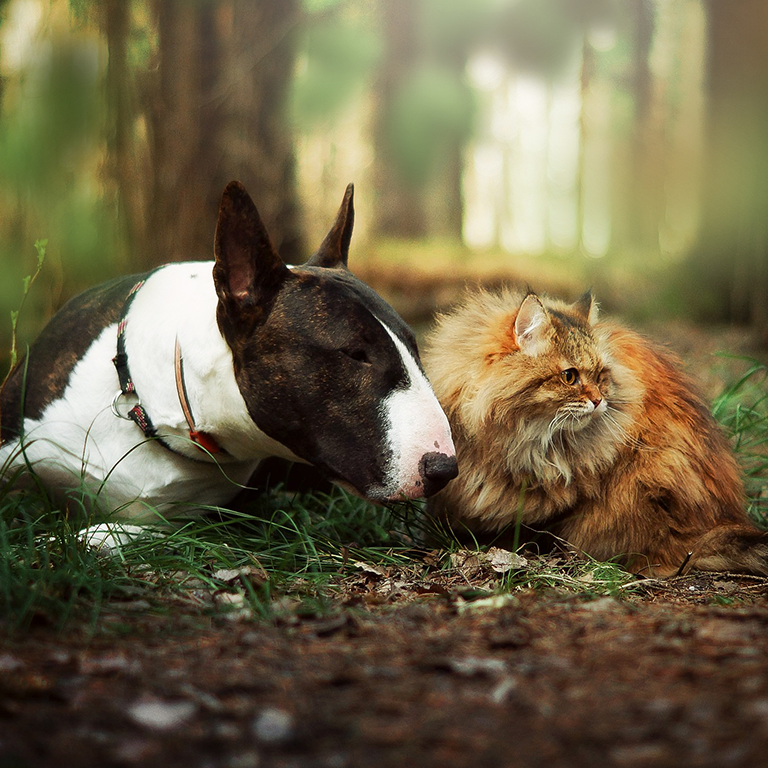
The impact of pet food for dogs and cats on our environment was examined in a scientific report published in the journal "Nature". The so-called 'Scientific Report' from the University of São Paulo compares the environmental impact of the production of dry food, wet food and home-prepared pet food. The analysis is made up of the CO2 balance, water consumption and sulphur dioxide emissions of the individual products.
If all these parameters are evaluated equally, it is clear that dry food has the best carbon footprint (828 kg CO2 equivalents / year). Wet food, for example, has a carbon footprint of 6541 kg CO2 equivalents / year). Home-made pet food lies between wet and dry food.
The entire article is freely available online:
Pedrinelli, V., Teixeira, F.A., Queiroz, M.R. et al. Environmental impact of diets for dogs and cats. Sci Rep 12, 18510 (2022).
Do you have further questions about your dog's diet?
Feel free to contact our nutrition experts. They will be happy to help you by e-mail and by telephone via our free hotline.
Phone: +49 (0) 800 333 8 222 (free of charge)
E-Mail: expertenteam@bosch-tiernahrung.de
Monday - Thursday: 7.30 - 12 o'clock & 13 - 16 o'clock
Friday: 7.30 - 12 o'clock & 13 - 15 o'clock


